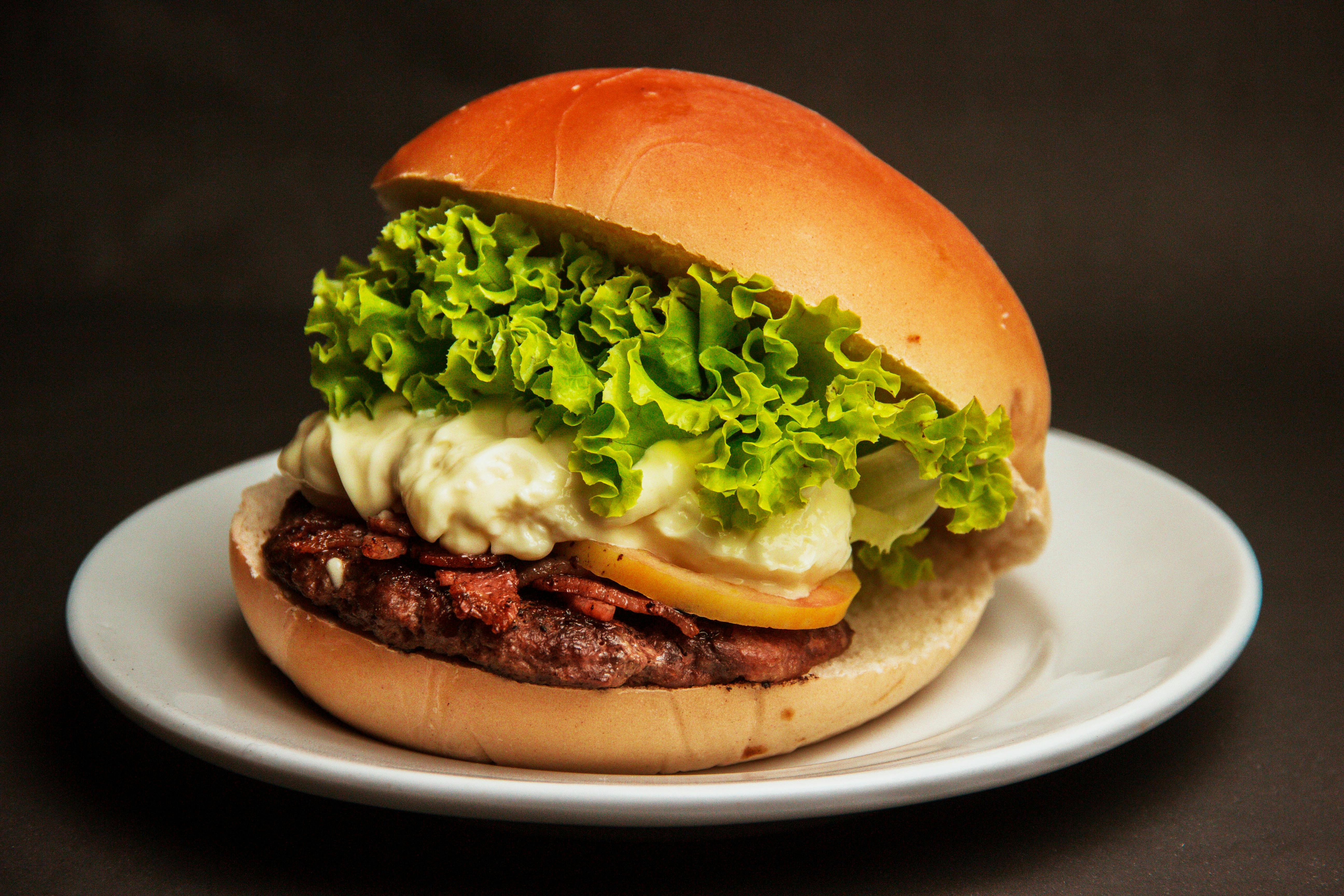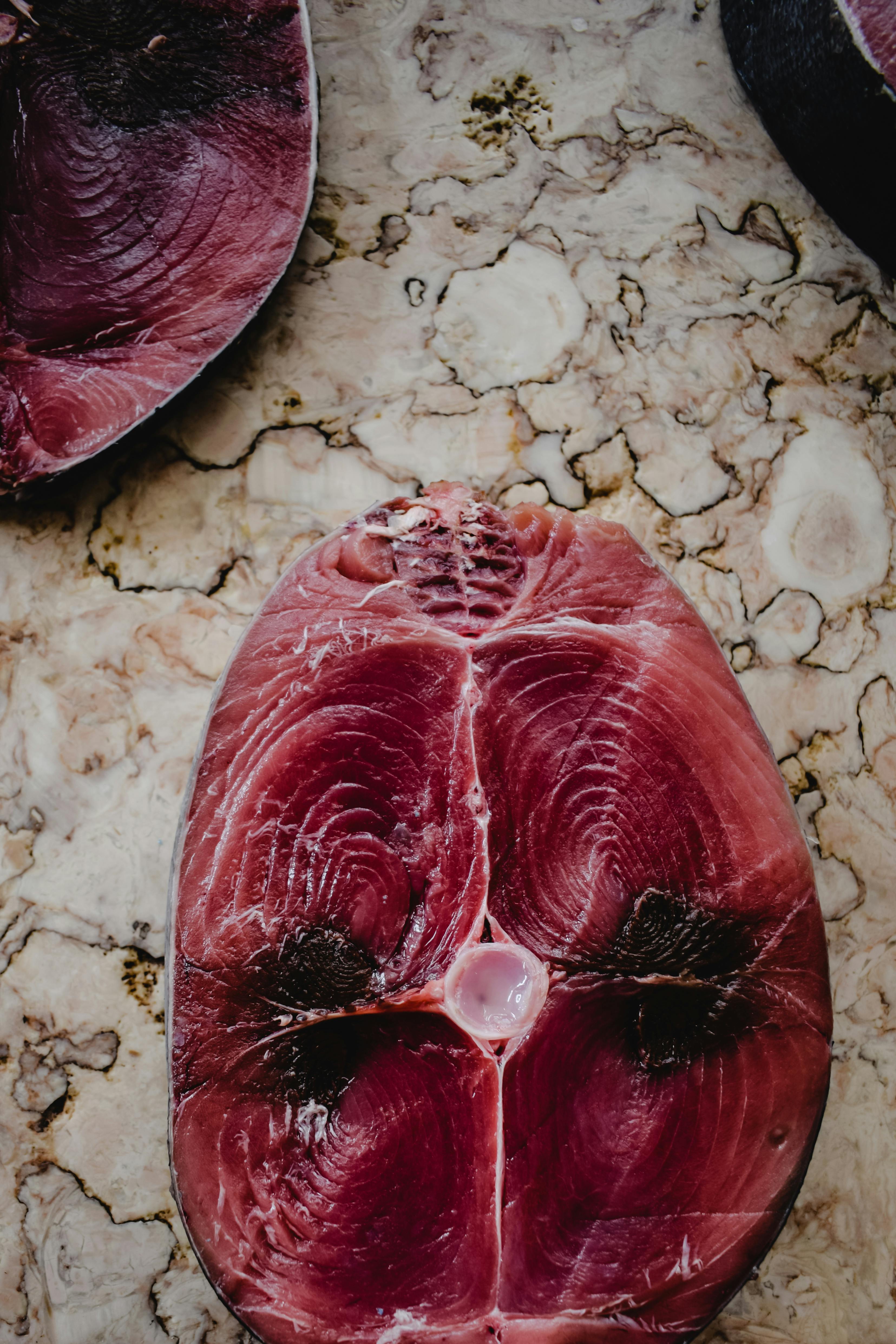
Overview of the Mediterranean Diet for Weight Loss
The Mediterranean diet is lauded not only for its delicious flavors but also for its impressive health benefits. Originating from the countries bordering the Mediterranean Sea, this dietary approach emphasizes whole, nutrient-rich foods and is famous for its effectiveness in promoting sustainable weight loss and overall health improvement. For those seeking an adaptable framework, the 28-day Mediterranean diet meal plan can serve as a comprehensive roadmap to healthier eating habits. This meal plan includes a variety of meals and snacks that highlight the flavors of Mediterranean cuisine while ensuring balance in nutritional intake.
Incorporating elements such as whole grains, healthy fats, lean proteins, and an abundance of fruits and vegetables, the Mediterranean diet is not just about eating; it's about embracing a lifestyle rich in flavor and health. This post presents a detailed 28-day guide featuring printable Mediterranean meal plans, delicious recipes, shopping lists, and meal prep tips—ideal for anyone wishing to embark on this journey toward better health.
Key takeaways include the benefits of choosing Mediterranean meals, an understanding of traditional Mediterranean cuisine, and insights into how to make this dietary transition enjoyable and fulfilling.
Week 1: Exploring Italian Mediterranean Recipes
The first week of the 28-day Mediterranean diet meal plan introduces you to delicious Italian recipes. Italian cuisine showcases a range of flavors and ingredients that balance both taste and nutrition. Family-friendly options such as whole grain pasta paired with seasonal vegetables or olive oil drizzled over fresh salads serve as the foundation of this week’s meals.
One must-try recipe is a traditional Caprese salad, which uses ripe tomatoes, fresh mozzarella, and basil drizzled with balsamic vinegar. Pair this with a hearty lentil soup for a nutrient-dense meal rich in protein and fiber. For a quick Mediterranean lunch, consider a whole grain wrap filled with grilled vegetables and pesto. Don’t forget to incorporate snacks like almonds or olives to maintain energy levels throughout the day.
Italian Mediterranean Breakfast Ideas
Start your day with nutritious options like Greek yogurt topped with berries and honey or savory frittatas packed with seasonal vegetables. These breakfast choices not only provide essential nutrients but also keep you satisfied until lunchtime. A classic breakfast option could be whole grain toast topped with smashed avocado and poached eggs, a perfect blend of healthy fats and protein to kickstart your metabolism.
Meal Prep Strategies for Week 1
Effective meal prep can significantly ease your transition into the Mediterranean diet. Spend a couple of hours at the beginning of the week preparing large batches of meals like quinoa salad or vegetable lasagna. Store them in portion-sized containers and refrigerate to grab on busy days. An organized meal prep strategy will help keep you on track with your weight loss goals and make healthy eating a breeze.
Week 2: Introducing Greek Diet Plan Staples
Building on the success of the first week, the second week of the 28-day Mediterranean diet plan is enriched with Greek recipes that are heart-healthy and packed with flavor. Incorporating yogurt, olive oil, and fresh herbs, these meals are not only nutritious but also easy to prepare. Dishes like moussaka or grilled chicken marinated with lemon and herbs are excellent choices that showcase traditional Greek flavors.
For a satisfying dinner, try a baked lemon salmon served with roasted vegetables. This meal is high in omega-3 fatty acids and complements the Mediterranean diet's principles. Incorporate healthy snacks such as tzatziki with vegetables or hummus for a refreshing afternoon pick-me-up.
Understanding Mediterranean Diet Shopping List
Creating a shopping list specifically tailored for the Mediterranean diet can simplify your grocery runs. Focus on buying fresh vegetables, whole grains like farro and barley, and lean proteins such as chicken, fish, and legumes. Remember to include essentials like olive oil, garlic, and a variety of herbs and spices that are foundational to Mediterranean cooking. With a prepared shopping list, pantry management becomes easier, allowing for a stress-free cooking experience throughout the week.
Week 3: Incorporating Seafood Mediterranean Meals
The Mediterranean diet highly emphasizes the consumption of seafood due to its numerous health benefits. Week 3 of the meal plan centers around delicious seafood Mediterranean meals that are rich in protein and healthy fats. Dishes such as shrimp paella or grilled sardines serve as excellent examples of how seafood can be both flavorful and good for your heart.
Integrating seafood doesn’t have to be complicated. Quick recipes like a lemon-garlic shrimp over a bed of quinoa or Mediterranean fish tacos topped with cabbage slaw can be easily crafted in under 30 minutes, making them perfect for busy weeknights. Alongside these, be sure to include whole grains and an array of colorful vegetables to maintain a well-rounded plate.
Healthy Mediterranean Snacks for Kids
Engaging your family in the Mediterranean diet can be fun, especially when it comes to preparing snacks for kids. Consider making whole grain pita chips accompanied by homemade hummus or a fruit salad featuring seasonal fruits drizzled with yogurt. These options not only satisfy but also help educate children about healthy eating habits.
Week 4: Enjoying Mediterranean Diet Variations
The final week of the 28-day Mediterranean diet meal plan encourages exploring variations while sticking to the core principles of healthy Mediterranean eating. This week invites you to try dishes that may introduce new flavors and ingredients while still aligning with your weight loss goals. Dishes like Moroccan spiced lentils or ratatouille can bring a fresh perspective to your meals while being nutrient-dense and satisfying.
Incorporate seasonal ingredients as you go along; what's available in your local market can influence your meal planning. It’s a great time to integrate more plant-based recipes, emphasizing legumes and grains, which play a significant role in the Mediterranean lifestyle.
Balanced Mediterranean Meals for Long-Term Success
To ensure the long-lasting benefits of the Mediterranean diet, focus on balancing your meals throughout the week. Each meal should include a source of protein, healthy fats, and plenty of vegetables. Think of combinations such as grilled chicken with a Greek salad, wild rice paired with roasted vegetables, and baked fish served with a side of tabbouleh. Preparing a balanced plate helps with portion control and promotes sustainable eating habits.
Final Thoughts and Mediterranean Meal Planning Strategies
Adopting the 28-day Mediterranean diet meal plan provides a robust framework for improving health and wellness through nutritious eating. By focusing on seasonal, nutrient-dense foods and incorporating enjoyable and flavorful recipes, you can build a sustainable eating pattern that aligns with your lifestyle. Embrace the Mediterranean approach as a holistic change rather than a temporary diet; it can lead to lasting benefits for your well-being.
For further exploration into Mediterranean cuisine and its benefits, consider diving into specific recipes, meal planning tips, or even how to create your own Mediterranean-inspired dishes. This journey will not only enhance your palate but also support your health goals, making your dining experiences as enjoyable as they are beneficial.

